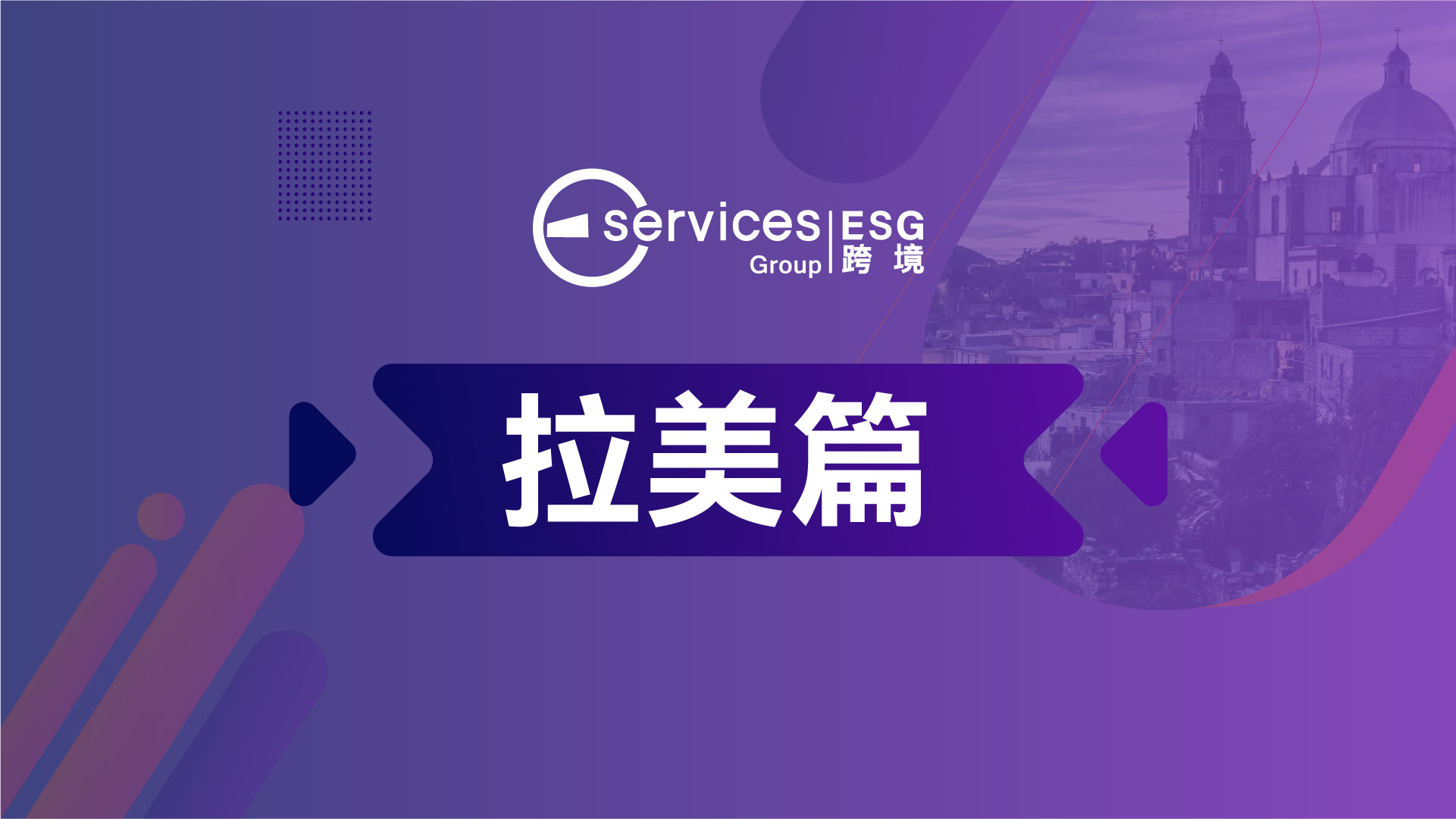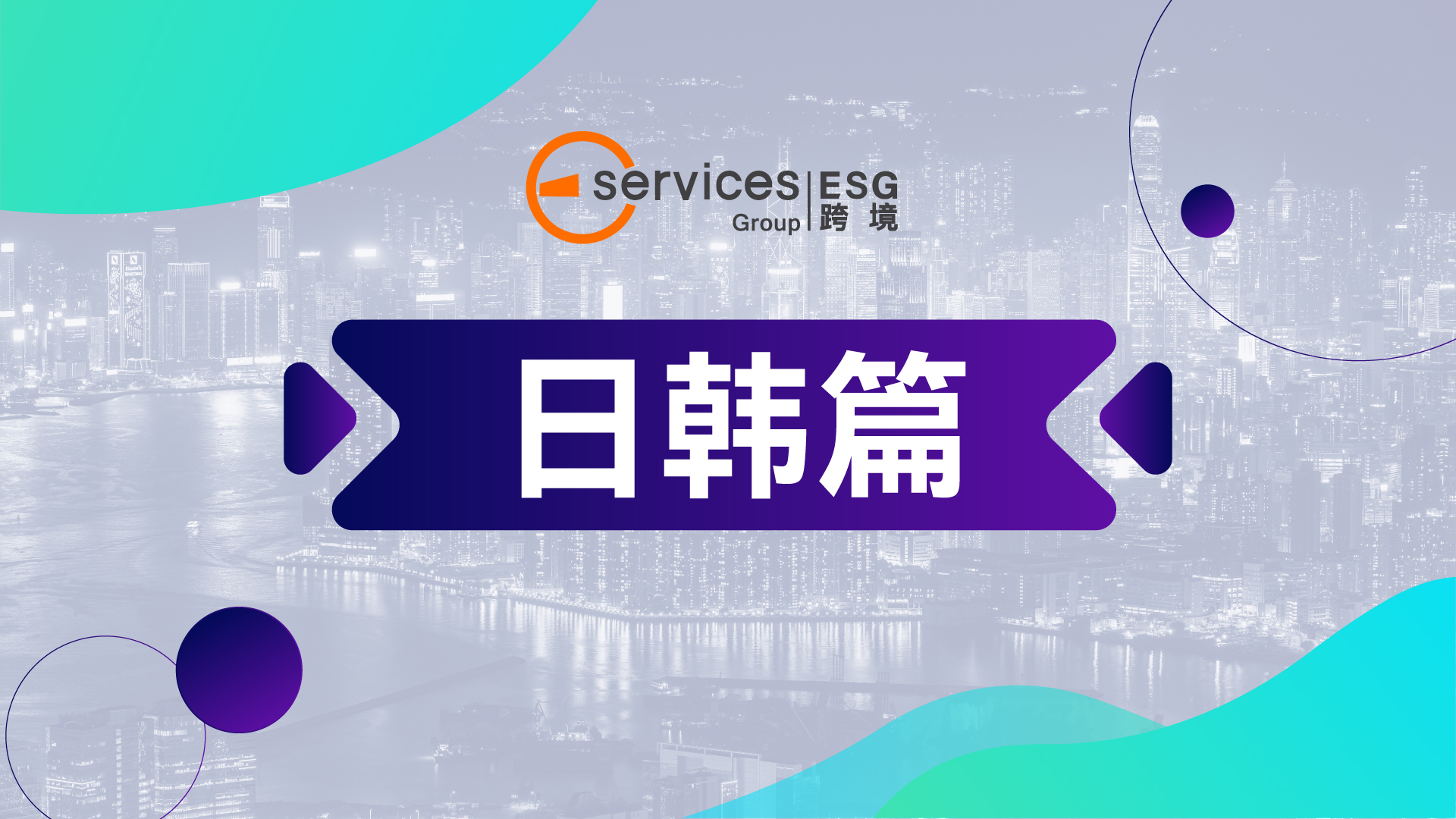下文提供了关税与税率、非居民进口商要求、禁售商品以及有关在墨西哥销售商品的法规的概览。
下文提供了关税与税率、非居民进口商要求、禁售商品以及有关在墨西哥销售商品的法规的概览。
注意: 此页面不构成海关或法律建议。我们建议您在在墨西哥销售商品前咨询报关行或法律顾问。
墨西哥税务和法规因销售给墨西哥买家的商品的海关登记进口商 (IOR) 而异:
卖家自配送商品: 如果您从墨西哥境外向买家配送商品,您将被列为海关登记进口商。这意味着您必须支付目的国关税、税费和清关费用,然后才能在 Amazon.com.mx 上向买家销售商品。
(FBA): 如果您进口库存以储存在墨西哥的运营中心,则您是海关登记进口商,必须先支付目的国关税、税费和清关费用,然后,当您的商品在 Amazon.com.mx 上销售给买家时,才能储存在墨西哥运营中心。请注意,亚马逊及其运营中心不会充当亚马逊物流货件的海关登记进口商。在配送到墨西哥的亚马逊物流货件上将亚马逊列为海关登记进口商,或者没有指定海关登记进口商,可能会导致您失去销售权限。此外,不符合规定的货件可能被拒收或退货,相关费用由发货人承担。
远程配送: 如果您通过亚马逊物流远程配送在墨西哥销售商品,买家将成为海关登记进口商。将向买家并代其支付目的国关税、税费和清关费用。
“Normas Oficiales Mexicanas”和“Normas Mexicanas”: 由于应用技术法规或标准而产生了贸易技术壁垒。通常,技术规定是强制性的,并由政府制定、监督和执行。另一方面,标准是自愿性的,并在相关各方同意采用标准后才在特定市场生效。墨西哥同时面临这两种类型的技术壁垒: “Normas Oficiales Mexicanas”(NOM) 是技术法规。“Normas Mexicanas”(NMX) 是自愿性标准,作为参考使用。在许多国家/地区,技术规定和标准是互补的。但是,在墨西哥是以技术规定为根本。
合规性: 在墨西哥销售商品的外国公司的商品必须符合墨西哥的商品技术规定。商品安全 NOM 要求墨西哥进口商向墨西哥海关提交 NOM 证书及所有其他进口文件。此证书证明商品经过验证,符合适用的 NOM 规定。需要遵守 NOM 的商品只有在经验证符合 NOM 后才能进口到墨西哥。可能需要进口商品的样本,以在经过批准的实验室进行检测。
有关更多信息,请访问墨西哥政府的经济页面并搜索“normatividad empresarial”或“normas”。
MX NOM 标志是墨西哥的商品安全标志之一,大部分电子商品都要求有此标志。它证明商品符合 NOM 中的安全标准。为了起到认证的目的,MX NOM 标志必须出现在商品上,除非法律明文规定该标志应位于包装上的其他位置。强烈建议发货人确保其商品符合 NOM。
关于贴标的技术标准包括:
消费品通用贴标 (NOM-050-SCFI-1994)
食品和非酒类饮料贴标 (NOM-051-SCFI-1994)
酒类饮料贴标 (NOM-142-SSA1-1995)
纺织品、衣服和饰品贴标 (NOM-004-SCFI-1994)
皮革或类似外观的人造材料、鞋类以及用这些材料制成的商品的贴标 (NOM-020-SCFI-1997)
电气和电子产品以及家用电器的贴标 (NOM-024-SCFI-1998)
油漆、清漆和类似商品的标签 (NOM-003-SSA1-1993)
有关更多信息,请咨询您的报关行或法律顾问。您也可以访问 Normas Oficiales Mexicanas 或 Servicio de Administracion Tributaria (SAT)。
可从 Mexlaws.com 和其他第三方来源免费获取常见 NOM 的英语翻译。
禁售商品
根据墨西哥法律规定,禁止进口或出口某些鱼类、种子、蔬菜产品、化学品、蛇皮和考古或历史手工制品。我们建议您在配送任何库存商品前联系您的报关行或法律顾问,了解可能存在的任何限制。
版权/商标权
海关可以阻止仿冒商标和盗用版权的商品进入流通。怀疑进口非法商品的权利所有者可以向相应的墨西哥政府部门提出申请,要求采取措施。
卖家需要确保以下事项:
卖家是商标权的所有者。
卖家经过授权可以使用和经销该品牌。
商品没有实体品牌信息。
商品有实体品牌,但是没有在墨西哥工业产权研究所 (IMPI) 注册。
Mexico tax and regulatory considerations
Below is an overview of tariff and duty rates, nonresident importer requirements, prohibited products, and certain other applicable regulations for selling in Mexico.
Note: This page is not intended to provide customs or legal advice. We recommend that you consult with a customs broker or legal adviser before selling in Mexico.
Mexico taxes and regulations
Mexico taxes and regulations differ depending on the importer of record (IOR) for the products sold to Mexican customers:
Self-fulfilled products: If you ship your products to customers from outside Mexico, you will be listed as the IOR. This means you must pay destination duties, taxes, and customs-clearance fees before your product can be sold to customers on Amazon.com.mx.
Fulfillment by Amazon (): If you import inventory to be stored in an Amazon fulfillment center in Mexico, you are the IOR and must pay destination duties, taxes, and customs-clearance fees before your product can be stored in a Mexico fulfillment center when your products are sold to customers on Amazon.com.mx. Note that Amazon and its fulfillment centers will not serve as the IOR for any shipment. Listing Amazon as the IOR on FBA shipments to Mexico or failing to specify an IOR may result in loss of selling privileges. In addition, noncompliant shipments may be refused and returned at the shipper’s expense.
Remote Fulfillment with FBA: If you sell products in Mexico through Remote Fulfillment with FBA, the customer becomes the IOR. Amazon will collect from the customer and pay the destination duties, taxes, and customs-clearance fees on their behalf.
International shipment standards
"Normas Oficiales Mexicanas" and "Normas Mexicanas": Technical barriers to trade arise from the application of technical regulations or standards. Generally, technical regulations are mandatory, and governments establish, monitor, and enforce them. Standards, on the other hand, are voluntary and take effect in a given market because the parties concerned agree to use them. Mexico has both of these types of technical barriers: "Normas Oficiales Mexicanas" (NOM) are technical regulations. "Normas Mexicanas" (NMX) are voluntary standards, intended for use as references. In many countries, technical regulations and standards are complementary. In Mexico, however, technical regulations are fundamental.
Compliance: Foreign companies must meet Mexican product technical regulations as a condition for selling products in Mexico. Product-safety NOMs require Mexican importers to present a NOM certification to Mexican customs along with all other import documents. This certificate attests that the product has been verified and found to have complied with the applicable NOM. A product that is subject to a NOM cannot be imported into Mexico unless it has been certified as complying with the NOM. Samples of goods may be imported in order to be tested by approved laboratories.
For more information, visit the Mexican government’s economy page and search "normatividad empresarial" or "normas."
The MX NOM Mark, a product-safety mark for Mexico, is a requirement for the majority of electronic items. It certifies that the product meets the safety requirements contained in the NOMs. For certification purposes, the MX NOM Mark must appear on the product unless an alternate location on packaging is specified in writing as permitted by law. It is strongly recommended that the shippers ensure their products are NOM-compliant.
Technical standards for labeling include the following:
General labeling of consumer goods (NOM-050-SCFI-1994)
Labeling of food and non-alcoholic beverages (NOM-051-SCFI-1994)
Labeling of alcoholic beverages (NOM-142-SSA1-1995)
Labeling of textiles, clothing, and accessories (NOM-004-SCFI-1994)
Labeling of leather and artificial materials with such appearance, footwear, and products made of these materials (NOM-020-SCFI-1997)
Labeling of electrical and electronic products, as well as household appliances (NOM-024-SCFI-1998)
Labeling of paints, varnishes, and similar goods (NOM-003-SSA1-1993)
For more information, check with your customs broker or legal adviser. You can also visit Normas Oficiales Mexicanas or Servicio de Administracion Tributaria (SAT).
English-language translations of common NOMs are available for a fee from Mexlaws.com and other third-party sources.
Prohibited products
The import or export of certain fish, seeds, vegetable products, chemicals, reptile skins, and archaeological or historical artifacts is prohibited under Mexican law. We suggest that you contact your customs broker or legal adviser before shipping any inventory to understand any restrictions that may apply.
Copyright/trademark enforcement
The customs administration can suspend release of counterfeit trademarked and pirated copyright goods into circulation. A rights-holder suspecting import of illegal goods can apply with appropriate Mexican authorities to take action.
Sellers will need to ensure the following:
The seller is the holder of the trademark rights.
The seller is authorized to use and distribute the brand.
Goods have no physical branding information.
Goods have a physical branding but are not registered with the Industrial Property Mexican Institute (IMPI).
特别声明:以上文章内容仅代表作者本人观点,不代表ESG跨境电商观点或立场。如有关于作品内容、版权或其它问题请于作品发表后的30日内与ESG跨境电商联系。
二维码加载中...
使用微信扫一扫登录
使用账号密码登录
平台顾问
微信扫一扫
马上联系在线顾问
小程序

ESG跨境小程序
手机入驻更便捷
返回顶部





